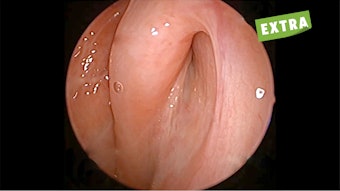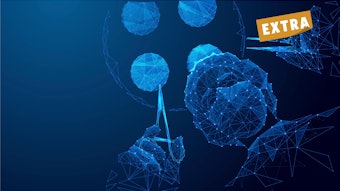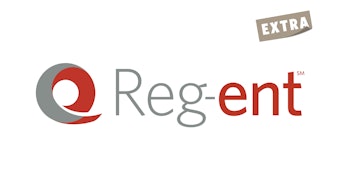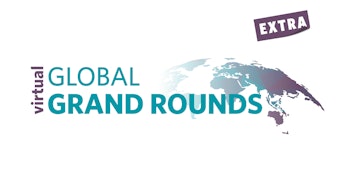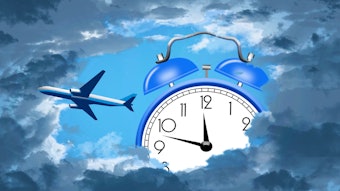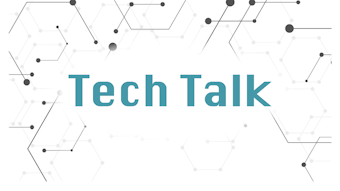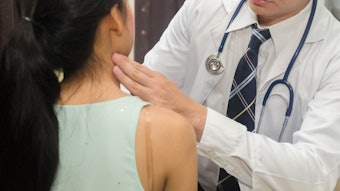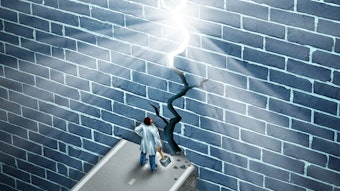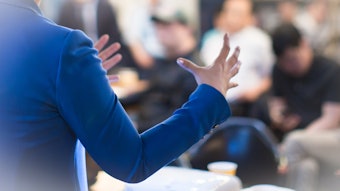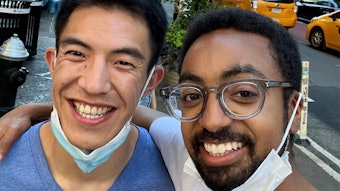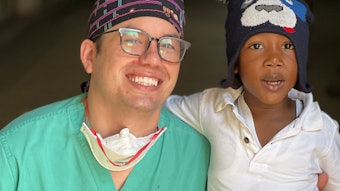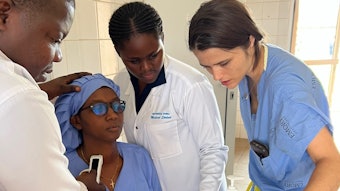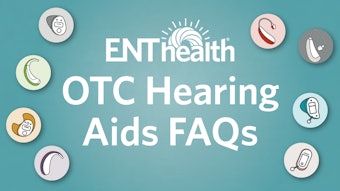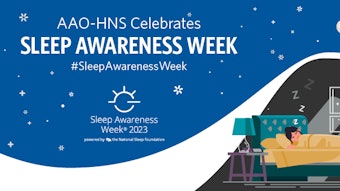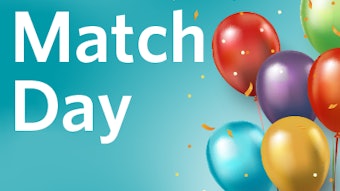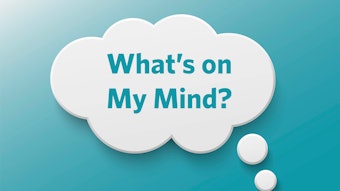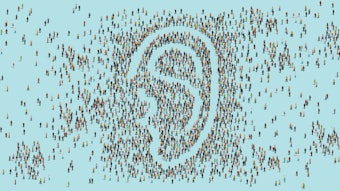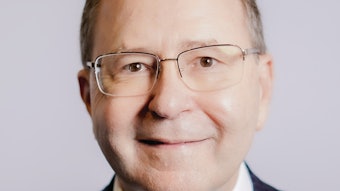Curiosity
Curiosity drives us to solve a problem and make things better for the patient in front of us.
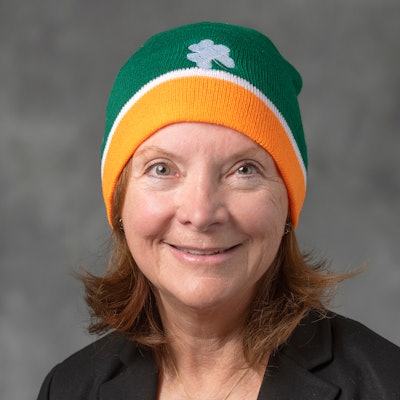 Kathleen L. Yaremchuk, MD, MSA
Kathleen L. Yaremchuk, MD, MSA
AAO-HNS/F President
Curiosity is a form of exercise that rewards us with a feeling of achievement that is referred to as “joyous exploration.” Curious people always ask questions and search for answers. The exercise of formulating a question and listening to an answer and satisfying your “ask” makes your mind stronger. Researchers have determined that dopamine is released during the brain’s curiosity state. How many times a day do you ask a question borne of the need to know?
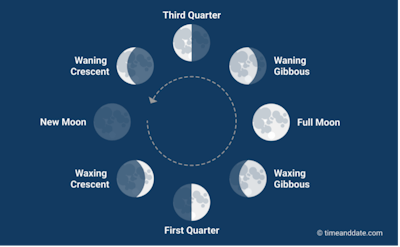
Curiosity improves stress tolerance for individuals. It assists in coping with anxiety and uncertainty. When you ask the “why” or “what,” having an answer to the question alleviates the fear of the unknown. Remember the time you visited a commercial establishment and found it closed. You check the business hours that are posted on the door, check the current time, and confirm it should be open. Frustration starts to build until you notice a small handwritten note, “Broken pipes, under water. Promise to be open tomorrow.” The answer to the question causes you to notice that the stress you felt a few moments ago is dissipating. Before you know it, curiosity kicks in again, and you wonder if the owners had insurance. Curiosity lurks where you least expect it.
Curious individuals ask questions and strive for answers. Each patient is a unique combination of symptoms and physical findings that result in a diagnosis and treatment plan that may or may not be straightforward. A combination of previous experiences and education hard wire the questions that are asked and the physical examination that is performed. Under it all, it is curiosity driving us to solve a problem and make things better for the patient in front of us.
Social curiosity is the need to form meaningful connections with others. There is probably no other profession than ours, where meaningful connections occur upon introductions. As part of introductions, we discover everything about the patient in front of us. Their age, marital status, if they are having pain, and anything else that our curiosity drives us to ask.
We often enter the room as a physician to treat a patient and leave with a personal connection to another human being. For some of us, this occurs over decades. Repeat that many times during a physician’s career, and the relationship becomes one of friendship. The annual visit is a chance to speak of family, graduations, weddings, and sometimes loss of loved ones. Curiosity provides energy and hopefully, we will never lose the joy of asking questions and finding answers.
I appreciate you and your curiosity!

